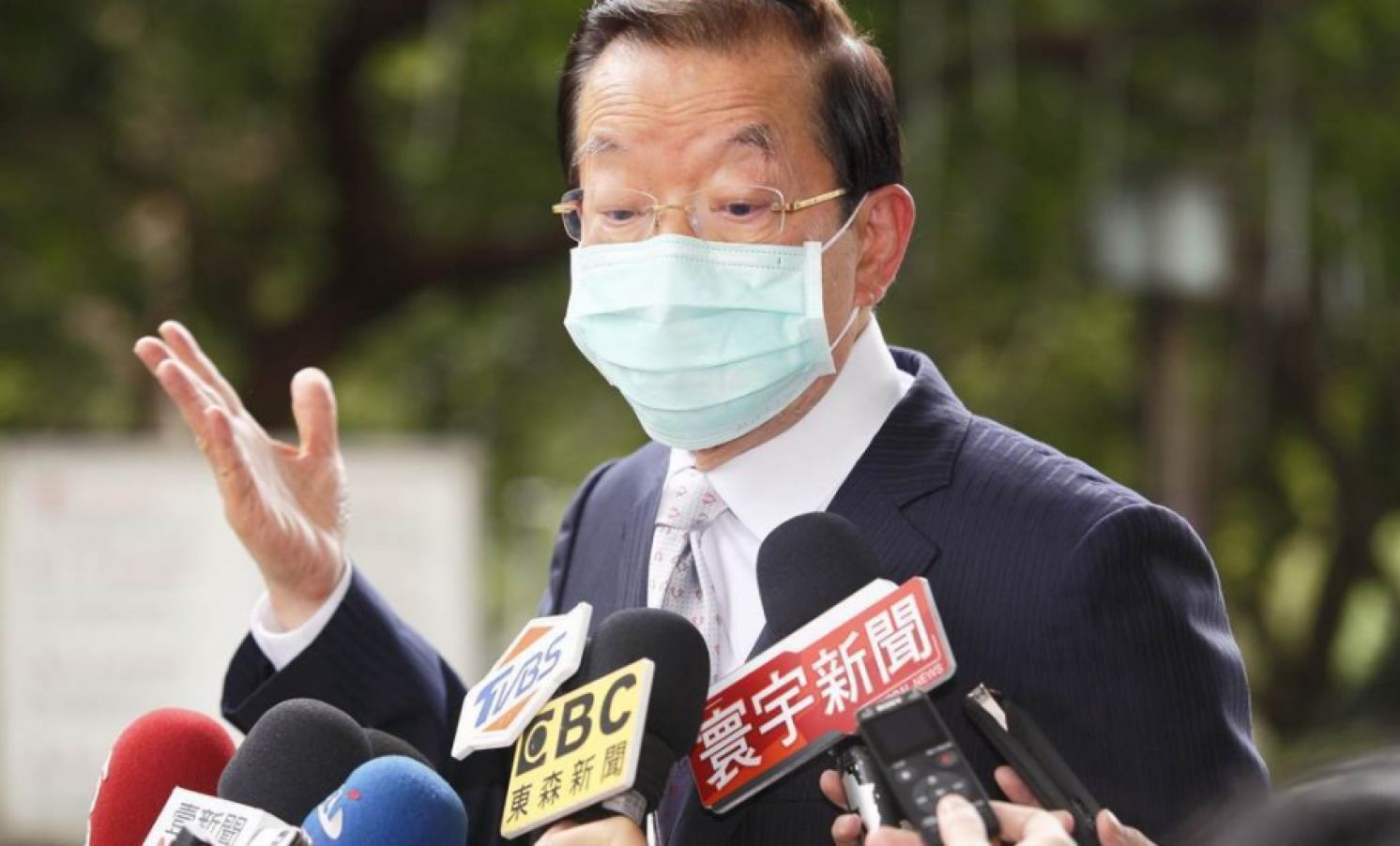
After Ractopamine Pork, Radioactive Food Also Coming to Taiwan
China Times, December 5, 2020
While the controversy of lifting import restrictions on pork containing ractopamine has not been resolved, the timing to lift the ban on food from Japan’s Fukushima has become the focal point recently. People think that importing the Japanese food is Taiwan’s admission ticket to join the Comprehensive and Progressive Agreement for Trans-Pacific Partnership (CPTPP). Frank Hsieh, Taiwan’s representative to Japan, said in Taipei on December 5 that although Japan did not say so, the CPTPP is a high-standard free trade organization, and if Taiwan does not adopt the international standard, it will affect Taiwan’s entry into the CPTPP.
The importation of U.S. pork containing ractopamine has led to a messy battle between the government and the opposition parties. The government’s internal propaganda had embarrassed itself. Premier Su Tseng-chang had even drawn a Taiwanese pork exporter into the battle, President Tsai Ing-wen hastened to rescue Su several times, but the people are still opposed to the importation of ractopamine pork. Ambassador Hsieh, ridiculed by critics as “Taiwan’s helping Japan representative,” joined the controversy by saying that if food from Fukushima is tested without radioactive contamination, then it should be allowed to enter Taiwan. It seems that Hsieh has determined to make it happen; after all, Hsieh considers that this is the only big matter that he could help Japan as Taiwan’s representative.
Next year marks the 10th anniversary of Fukushima’s March 11 nuclear disaster. Officials from Japan-Taiwan Exchange Association visited officials of Taiwan’s government and opposition parties to express the view that the ban on food importation should be lifted next year. The 2018 referendum prohibiting the importation of radioactive food has exceeded two years, and the Legislative Yuan Speaker Yu Shyi-kun confirmed that Hsieh told him that Taiwan has to face this issue. Hsieh also wrote on his Facebook that the lifting of the ban is on his “to do list”. He may think that since the importation of U.S. pork has achieved its goal, the inability to lift the ban on Japanese food may be seen as his failure at work.
It is clear that Ambassador Hsieh has been promoting the importation of Japan’s radioactive food. He had said that Taiwan should adopt the policies of the United States and European countries and not the policies of China. What kind of logic is this? The United States exports pork with ractopamine, but mainland China does not import U.S. pork containing ractopamine, what is the reason that we should follow the United States and Europe and not the mainland? Is the health of the people less important than ideology? Hsieh also said that if China opens its market to Japanese food from Fukushima earlier than Taiwan, then Japanese politicians who have supported Taiwan will be very embarrassed. We want to ask Hsieh: Embarrassing politicians or people’s health, which is more important?
Moreover, even though the referendum barring importation of radioactive food has reached the two-year expiration date, this does not mean that the referendum is invalid. To be allied with the United States and Japan, the ruling Democratic Progressive Party (DPP) has sacrificed Taiwanese people’s health, but there is no trace of a U.S.-Taiwan bilateral trade agreement (BTA). The DPP administration states that lifting the ban on importing Japanese radioactive food is for Taiwan to join the CPTPP, but the negotiation for its entry is to hold the bargaining chips and not to surrender before the negotiation. The DPP lacks the negotiation skills, so the end result of importing radioactive food will be the same as importing ractopamine pork; that is, a double loss. After swallowing ractopamine pork, people in Taiwan are waiting for swallowing the radioactive food!
From: https://www.chinatimes.com/opinion/20201205003447-262103